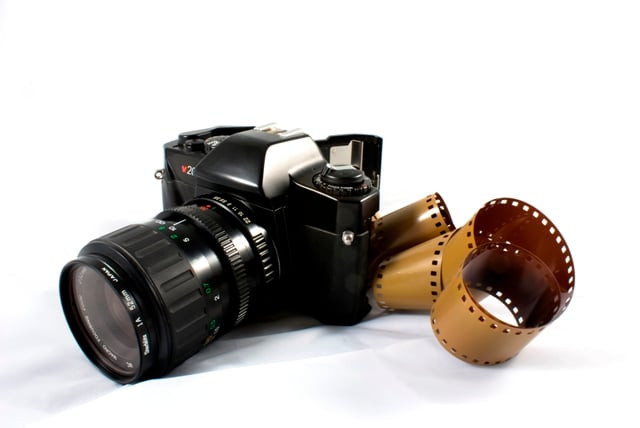Investigative journalism: Is it ethical to use hidden cameras?
Experts draw the line between what’s right and wrong.

TV channels are increasingly making use of hidden cameras to make footages of individuals and places without their prior consent or knowledge in the name of ‘investigative journalism’.
But can journalists use hidden cameras at their beck and call? The question arises: Does this always constitute as real investigative journalism?
What follows is a string of lawsuits and legal actions against media houses.
Case study
A recent case in point is that of the Pakistan International Airlines Spokesperson and Public Affairs General Manager Syed Sultan Hasan, who filed a lawsuit against Dawn TV for allegedly making an ‘illegal’ video of him without his permission. He is seeking Rs1 billion in damages from the network.
According to Hasan’s version, a three-member team of the network came to his office one day and asked for an interview with their managing director. When Hasan said that he would have to schedule an appointment with the MD, the media team asked him to comment on their story on PIA.
“But I refused to be interviewed since I didn’t have the requisite approval from my management,” he said.
However, Hasan claimed, despite his clear refusal to be interviewed, the media team without his knowledge continued to film him secretly.
“I’m a public affairs person and part of my job is to meet and engage with journalists, so that’s exactly what I did with these people and carried on having gup shup (small talk) with them,” he revealed.
A clip from this meeting was then allegedly used by the network in their special exposé programme on PIA in which Hasan can be seen fumbling with recalling how many aircraft the state-owned airline even possessed.
Dawn TV Director News Mubashir Zaidi said the video of Hasan was made using a mobile phone by members of his team who were doing an exposé on the PIA. He said the network was defending their actions in court because they believed they were right.
Right or wrong?
Regarding the use of hidden cameras and recording equipment without prior knowledge of individuals, Zaidi said: “I believe if a reporter is convinced that he is working on a big exposé, only then should it be used.”
He said it was imperative for a reporter to gather as much evidence as he/she can especially when dealing with such big stories. “One has to be very, very selective in the use of hidden cameras,” he added.
The case between PIA’s Hasan and Dawn TV remains pending at the Sindh High Court.
Meanwhile, senior analyst Mazhar Abbas told The Express Tribune that use of hidden cameras is a “gray area” in broadcast journalism where it is generally accepted that the private lives of public office bearers also comes in the public domain.
Abbas said there are also cases where reporters engaged in the use of hidden cameras not to bring the truth out, but for “blackmailing” purposes.
Pakistan Federal Union of Journalist Secretary General Amin Yusuf blamed the infiltration of “fake” journalists and “bad eggs” within the media industry for the ongoing “unethical” practices.
“There are no hard and fast rules. In some cases, it can be justified if a story is of great public interest and there is no other way to get it,” says Columbia University Toni Stabile Centre for Investigative Journalism Director and veteran Philippines investigative reporter Sheila Coronel (via email from New York).
Published in The Express Tribune, January 13th, 2012.



















COMMENTS
Comments are moderated and generally will be posted if they are on-topic and not abusive.
For more information, please see our Comments FAQ